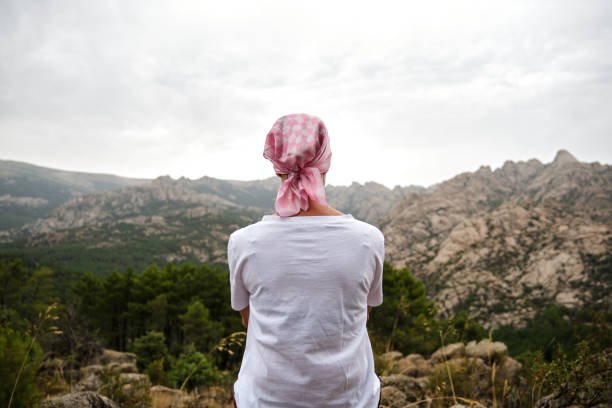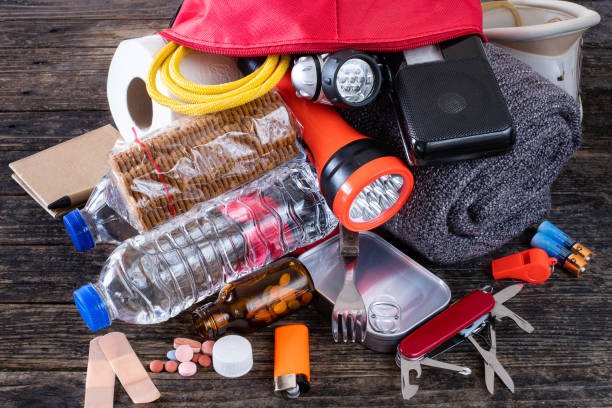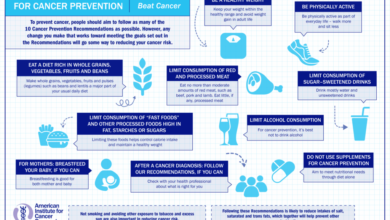How to Stay Healthy in a Difficult Environment: A Practical Survival Guide
Learn how to stay physically and mentally healthy in difficult environments. Expert-backed tips for nutrition, stress management, hygiene, and fitness in survival scenarios.
In an increasingly unpredictable world, knowing how to stay healthy in a difficult environment is not just useful — it’s essential. Whether you’re facing natural disasters, war zones, economic collapse, or simply remote living conditions, maintaining your physical and mental health is your top survival priority.
Here’s a detailed, practical guide to staying healthy in even the toughest situations.

1. Prioritize Clean Water
Access to clean drinking water is non-negotiable. Dehydration can become life-threatening in just a few days. Contaminated water can lead to diseases like cholera, typhoid, and dysentery.
Tips:
- Always boil water if you’re unsure of its safety.
- Carry a portable water filter or purification tablets.
- Collect rainwater safely when possible.
2. Eat for Energy and Immunity
In a crisis, food availability may be limited. Focus on high-calorie, nutrient-dense foods that require minimal preparation.
Best survival foods:
- Canned beans, vegetables, and meats
- Dried fruits and nuts
- Whole grains like oats and rice
- Peanut butter and protein bars
Key Nutrients to Prioritize:
- Vitamin C: boosts immune health (oranges, canned tomatoes)
- Protein: maintains muscle and strength (canned fish, beans)
- Iron and B12: critical for energy and focus (meat, leafy greens)

3. Maintain Basic Hygiene
Infections spread fast in stressful environments, especially when sanitation is poor.
Quick hygiene checklist:
- Wash hands frequently with soap or hand sanitizer.
- Brush your teeth at least once daily to avoid gum disease.
- Keep wounds clean and covered to prevent infection.
- Sanitize cooking and eating utensils after use.
Simple substitutes:
- Baking soda as deodorant or toothpaste
- Vinegar or alcohol as disinfectant
4. Stay Physically Active
Even in a shelter or restricted space, some movement is necessary to prevent muscle atrophy, blood clots, and mental stagnation.
Low-space exercises:
- Bodyweight squats
- Push-ups
- Stretching
- Walking in place
- Breathing exercises
Just 15 minutes a day can keep your heart healthy and boost morale.
SEO tip: Survival fitness: Simple workouts to stay strong during crises
5. Manage Mental Health
Mental well-being is often overlooked but is just as vital as physical health, especially in high-stress or life-threatening environments.
Mental survival strategies:
- Establish a routine: even if it’s basic, structure brings normalcy.
- Practice mindfulness: breathing exercises and meditation reduce anxiety.
- Limit panic sources: reduce exposure to fear-inducing media or gossip.
- Stay socially connected: if possible, talk with others for emotional support.
6. Sleep is Survival
Lack of sleep impairs your judgment, immunity, and decision-making — all crucial in a crisis.
Tips for better sleep:
- Stick to a sleep routine, even during chaos.
- Avoid caffeine if you’re relying on limited supplies.
- Create a dark, quiet space using blankets or cloth to cover windows.
SEO tip: How to sleep well in emergencies and survival scenarios
7. Protect Against the Elements
Cold, heat, and exposure can be as deadly as starvation or disease.
For Cold Environments:
- Layer clothing: inner (wick moisture), middle (insulate), outer (block wind/rain).
- Stay dry to prevent hypothermia.
- Insulate sleeping areas with cardboard, leaves, or blankets.
For Hot Environments:
- Stay shaded during peak sun hours.
- Hydrate frequently.
- Wear light, breathable clothing.
8. First Aid: Be Your Own Medic
Access to medical care might be impossible. Knowing basic first aid can save lives.
Must-know skills:
- Treating cuts and burns
- Stopping bleeding
- Recognizing dehydration
- Using a first aid kit properly
Basic first aid supplies:
- Bandages, gauze, and antiseptic
- Pain relievers and fever reducers
- Tweezers, scissors, gloves
- Personal medications (always stock extra)
9. Adapt and Improvise
Difficult environments require creativity. Learn to improvise tools and solutions with limited resources.
Examples:
- Trash bags = emergency rain poncho or water collector
- Duct tape = wound seal, shelter repair, or insulation
- Aluminum cans = cooking pots, lantern reflectors
10. Develop Survival Skills Before You Need Them
Preparation is the best protection. Even basic skills like fire-starting, water filtering, or plant identification can be life-saving.
Learn these ahead of time:
- How to purify water
- Basic navigation without GPS
- How to build a shelter
- How to signal for help

Final Thoughts: Strength Through Preparedness
Health isn’t just about diet and exercise — it’s about balance, adaptability, and preparation. Surviving in a difficult environment means thinking ahead, staying calm under pressure, and using your knowledge to stay strong both physically and mentally.
The more you prepare now, the better your chances of staying healthy when everything else is out of your control.
Summary Checklist for Healthy Survival in Difficult Environments:
- ✅ Purify and ration water safely
- ✅ Eat for fuel, not comfort
- ✅ Maintain hygiene with minimal resources
- ✅ Move your body daily
- ✅ Prioritize mental well-being
- ✅ Sleep regularly
- ✅ Dress and shelter for the environment
- ✅ Know basic first aid
- ✅ Improvise with what you have
- ✅ Keep learning survival skills
If you’re looking for a practical, no-nonsense way to stay healthy under pressure, this guide is your starting point. Preparation may not prevent every challenge — but it gives you the strength and knowledge to survive them.



